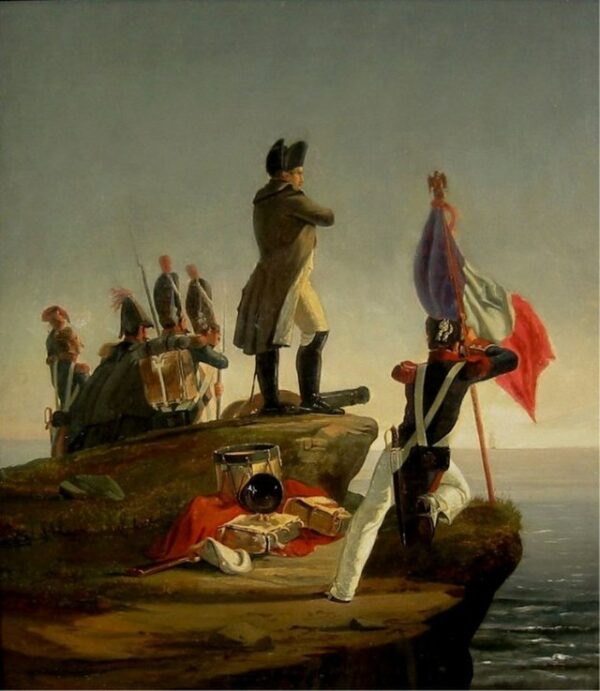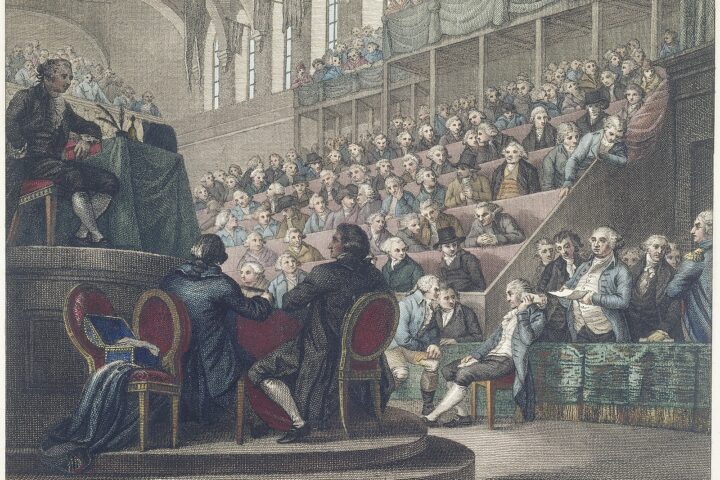On February 26, 1815, Napoleon escaped from Elba with a small group of loyal followers, landing on the French coast. His charisma and reputation quickly rallied support from both civilians and military units. As he marched towards Paris, his comeback became known as the Hundred Days.
The French authorities, caught off guard, were ill-prepared for Napoleon’s unexpected return. King Louis XVIII fled, and Napoleon entered Paris triumphantly on March 20, 1815, with remarkably little resistance. The people’s response reflected a mix of nostalgia, hope, and curiosity about the return of their iconic leader.
The European powers, having just established the Congress of Vienna to reshape the continent after the Napoleonic Wars, were alarmed by this unforeseen resurgence. They formed the Seventh Coalition, aiming to defeat Napoleon once and for all. The Battle of Waterloo on June 18, 1815, proved decisive, resulting in Napoleon’s defeat and subsequent second abdication.
The escape from Elba and the Hundred Days had profound consequences, shaping the trajectory of post-Napoleonic Europe. The Congress of Vienna reconvened to reorganize the continent, solidifying the balance of power. The victors exiled Napoleon to the remote island of Saint Helena in the South Atlantic, where he would spend the remainder of his life.
Napoleon’s escape from Elba showcased his ability to seize opportunities and capitalize on the discontent within France. His brief return, though ultimately unsuccessful, left an indelible mark on history. The events surrounding his escape and the Hundred Days highlight the complex interplay between individual ambition and the geopolitical landscape of the time.
In retrospect, Napoleon’s escape from Elba stands as a daring venture that briefly rekindled the flames of his imperial ambitions. It exposed the fragility of the post-Napoleonic order and underscored the enduring allure of his leadership for many in France. The echoes of those Hundred Days reverberated through the corridors of European power, shaping the continent’s political dynamics for years to come.
While Napoleon’s return was a testament to his tactical brilliance and magnetic appeal, it ultimately led to his downfall at Waterloo. The consequences of his escape reverberated far beyond the borders of France, influencing the shaping of a new European order and leaving an indelible mark on the pages of history.






